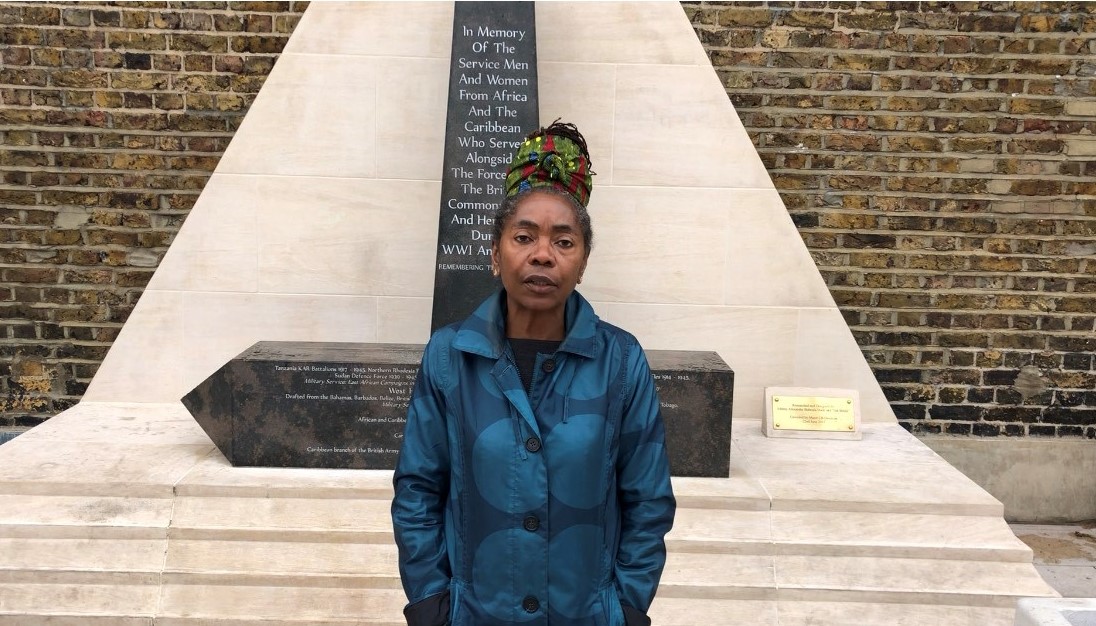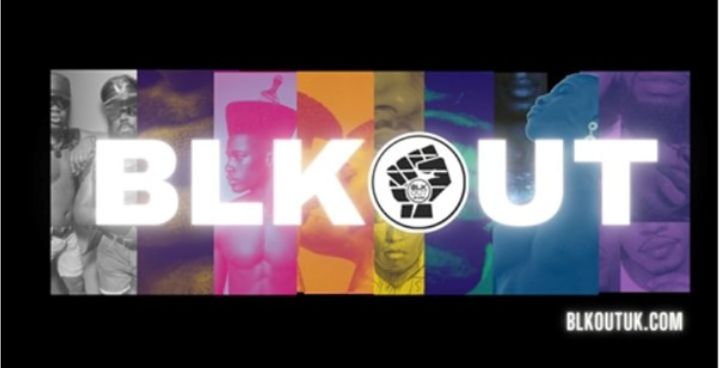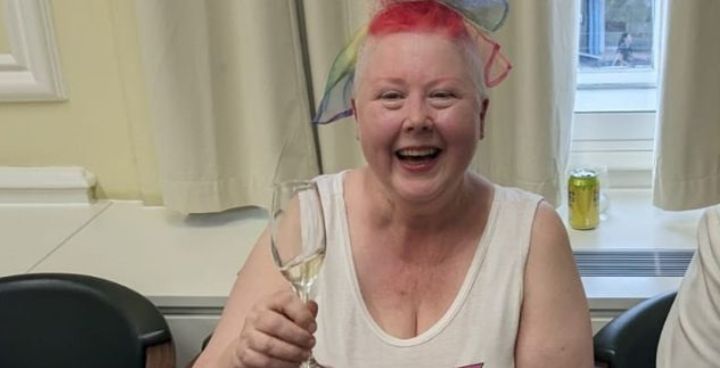
Lambeth, which has one of the largest populations of people of African descent in the country, noted in the motion that one of the most visible and enduring legacies of African enslavement, colonisation and neo-colonialism is systematic racism that persists in Western societies.
The motion also notes the UK abolished slavery across the Empire in 1833, and it did so only after 200 years of profiting from it. When abolishing slavery it paid £20 million, the equivalent of £17 billion today, to compensate enslavers, whilst those which were enslaved were not compensated at all. The compensation was not paid off until 2015.
Word from cabinet
Cllr Sonia Winifred, Lambeth Council’s Cabinet Member for Equalities and Culture, said: “As a culture and as a country we have failed to properly address the Britain’s role in the one of the worst crimes in human history, and the legacy of discrimination stemming from it that still blight’s people’s lives today.
“That systematic racism is ingrained in our society, with impacts that include inequality in education, housing, health, employment and the criminal justice system.
“The Black Lives Matter Movement, the Pan-African Liberation Movement, the International Decade for People of African Descent Coalition UK and other organisations within Black communities are campaigning to eliminate this inequality. Lambeth council backs their aims and is supporting their work with actions.
“We have already started by launching an audit of all Lambeth’s public landmarks, statues roads names and works of art in the borough for any links with slavery. The council is also supporting work by the Runnymede Trust, the Black Curriculum and others to engage young people and teachers with more representative and inclusive histories of Britain, and to overhaul the curriculum to better educate about the UK’s role in slavery.”
Equality Commission
Lambeth Council has had a longer term focus on tackling discrimination, having launched its own Equality Commission which in 2017 published a report after spending nine months investigating the causes of inequality in Lambeth – and formulating solutions to it.
The report laid out a series of recommendations for action from the council and its partners – including the Mayor of London, national government and the whole community – to break down the barriers holding so many people back.
The proposals included campaigning for all local employers to sign up to the London Living Wage, targeting extra help at children in the greatest need, improving relations between the police and the community, and monitoring disability hate crime as a specific crime.
Call to action
The new motion, backed by all Labour and Green councillors, resolved to:
- To call on the UK government to establish a commission to study the impact of the United Kingdom’s Transatlantic Traffic in Enslaved Africans on social, political and economic life within the UK and the rest of the world in order to begin understanding the legacy of slavery on the society we live in and to start conversations on how to address it, which go further than a symbolic apology.
- Write to the Speaker of Parliament, Chair of the Women and Equalities Committee and Chair of the Home Affairs Committee to request that they establish, and seek UK Government support for, an All-Party Parliamentary Commission of Inquiry for Truth and Reparatory Justice and call on the Government to commit to holistic reparations taking into consideration various proposals for reparations in accordance with the United Nations Framework on Reparations.
- To support the innovative work which has been carried out by the Runnymede Trust, the Black Curriculum and others to engage young people and teachers with more expansive, representative and inclusive histories of Britain, and to overhaul the curriculum to better educate about the United Kingdom’s role in slavery.
The motion also backed the campaign for the proposed national memorial to the Windrush Generation to be sited in Brixton and not Waterloo as is currently proposed.



